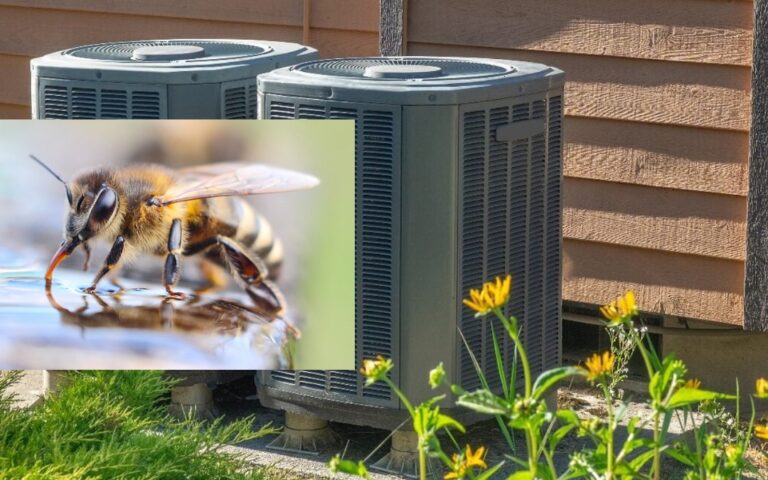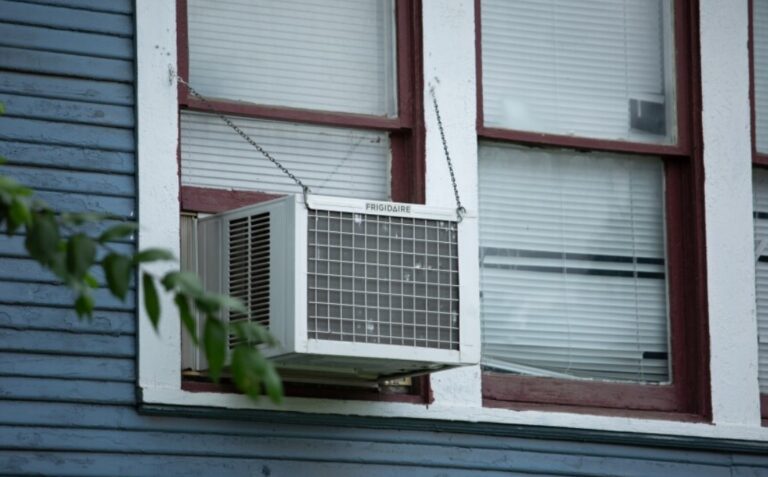Why Does My Ac Smell Like The Heater?

The smell of the AC resembling the heater can be attributed to a buildup of dust and debris in the HVAC system, which gets released when the AC is turned on. This can result in a musty or burning odor.
When your AC emits a smell similar to the heater, it is likely due to accumulated dust and debris in the HVAC system. These particles are released into the air when you turn on the AC, resulting in a musty or burning odor.
To address this issue, regular cleaning and maintenance of your HVAC system is recommended. This will help remove the buildup of dust and debris, ensuring clean and fresh air is circulated in your home.
Additionally, using high-quality air filters and maintaining proper ventilation can also help eliminate unpleasant smells. By taking these steps, you can ensure a pleasant and odor-free environment when using your AC.
Identifying The Issue
Identifying the issue can help you understand why your AC smells like the heater.
Heed common signs such as a distinct heater-like smell coming from the unit.
Potential causes include a dirty air filter, mold or mildew growth, or an issue with the heating element.
Understanding The Root Cause
Understanding the root cause of why your AC smells like the heater can help you solve the problem.
Dirty air filters and ducts can accumulate dust, causing a musty odor. Mold or mildew growth in the unit or ducts can also lead to unpleasant smells.
Electrical issues may cause a burning or metallic odor. Refrigerant leaks can release a pungent smell similar to chemicals.
Finally, chemical odors can occur if there is a problem with the materials used in your AC unit. Identifying the specific cause of the smell can help you determine the best course of action to eliminate it and ensure your AC functions properly.
Regular maintenance and cleaning can prevent such odors from occurring in the future.
Resolving The Heater Smell
If your AC smells like the heater, there are several possible causes that you can address.
The first step is to clean or replace your air filters regularly to eliminate any trapped debris or dirt. Professional duct cleaning is also recommended to remove any built-up dust and allergens.
Additionally, check for any signs of mold or mildew, as these can produce unpleasant odors. If found, they should be promptly removed. It’s crucial to inspect and repair any faulty electrical components, as they can contribute to the unpleasant smell.
Furthermore, fix any refrigerant leaks, as they can also be responsible for the odor. Lastly, be cautious of any chemical odors in the vicinity and ensure they are appropriately eliminated.
By following these steps, you can resolve the heater smell in your AC for a more pleasant and comfortable environment.
Frequently Asked Questions
Why Does My Ac Smell Like The Heater?
When your AC smells like the heater, it could be due to a dirty air filter, mold or mildew growth, a blocked drain line, or a faulty heat exchanger. These issues can cause musty or burning smells, so it’s important to address them promptly to ensure clean and efficient air conditioning in your home.
Regular maintenance and cleaning can help prevent these odors.
Conclusion
If you’re experiencing a foul smell coming from your AC that resembles the scent of a heater, it could be due to a variety of factors. The presence of mold or mildew, a clogged drain line, or a dirty air filter might be the culprits behind this unpleasant odor.
To eliminate the issue, it is advisable to regularly clean and maintain your AC system. This includes cleaning or changing the air filter, ensuring proper drainage, and conducting routine inspections for any signs of mold or mildew.
Additionally, consider the benefits of UV lights or air purifiers that can help eradicate any bacteria or allergens that may contribute to the odor.




